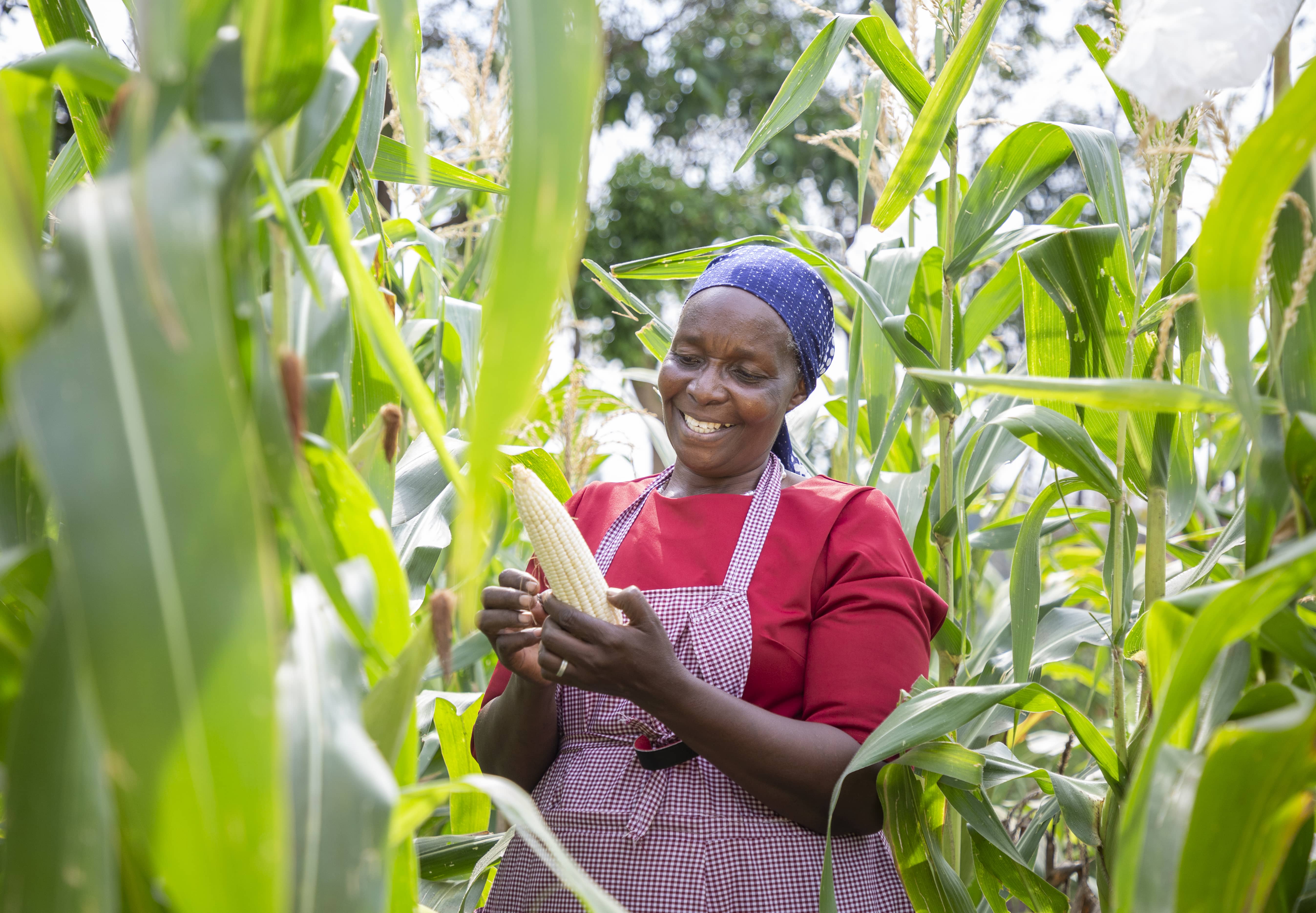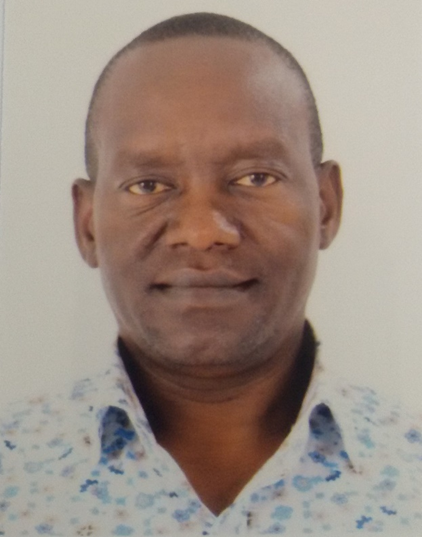Investing in innovations and technology ranging from better seeds, machinery and digital tools packaged alongside good agricultural practices and making them easily accessible to farmers is Africa’s best opportunity to transform its food system.
African farmers are making incredible progress and they can become even more productive and profitable with the right tools, technologies, and knowledge.
But as farmers are trying to innovate, increase their productivity, and drive progress across economies, recurrent challenges such as drought and climate change; pest and diseases; market failure and inefficient value chains; and adulterated agro-inputs threaten these gains.
Dr. Denis Kyetere, AATF Executive Director made the remarks during the High-Level Dialogue co-organized by the African Development Bank (AfDB), the International Fund for Agricultural Development (IFAD), the Forum for Agriculture Research in Africa (FARA) and the CGIAR System Organization on “Feeding Africa: Leadership to Scale Up Successful Innovations” meeting held from 29-30 April 2021, where he spoke on Leveraging Innovation and Technology for Transformation of African Food Systems –Sharing Success Stories, Challenges and Opportunities.
Dr. Kyetere noted that AATF and its partners under the Water Efficient Maize for Africa (WEMA) Project, developed climate smart maize hybrids popularly known as DroughTEGO that are tolerant to moderate drought to help farmers address the challenges of drought occasioned by climate change.
“The TEGO varieties posted exciting performance with yields of 8 to 12 tonnes per hectare compared to the average of 1.4 tonnes per hectare in Sub-Saharan Africa (SSA),” he stated.
He observed that out scaling these climate smart varieties to farmers in good time to have the desired impact was critical to ensuring the innovation achieved its goal.
AfDB launched the Technologies for African Agricultural Transformation (TAAT) Project in 2018 and selected AATF to lead implementation of the Maize Compact in 11 countries in Africa including Kenya, Uganda, Tanzania, Ethiopia, Rwanda, Zambia, Zimbabwe, Nigeria, Ghana, Cameroon, and Benin.
“The TAAT Maize Compact aimed at scaling out and disseminate high-yielding climate smart maize varieties including the DroughtTEGO hybrids developed through the WEMA Project, and complementary technologies such as appropriate fertilizer blends, timely weed management, post-harvest management and mechanization of farming operations,” he pointed out.
In addition, the TAAT Maize Compact set out to link farmers to market and to value addition opportunities such as processing for better returns to create more demand for these maize technologies and improve household incomes.
“The TAAT Maize Partnership brought together key players along the maize value chain that included the National Agricultural Research Systems, Extension Systems, Private seed companies & National Seed Authorities, Farmer groups & community-based organizations, grain off-takers & millers and the International Institute of Tropical Agriculture as the West & Central Africa Coordinator,” he explained.
According to Dr. Kyetere, over 2.4 million farmers benefited from the climate smart varieties with increased maize productivity in just under 30 months.
“To ensure production and dissemination of adequate seed, the TAAT Maize Compact entered into partnership with 40 seed companies realizing 22,000 tons of climate smart certified seeds across six countries including Kenya, Tanzania, Uganda, Zambia, Zimbabwe, and Nigeria,”
To curb the Fall Armyworm menace in the region, the Compact helped about 360,000 farmers in Zimbabwe and Zambia to access Fortenza Duo treated climate smart maize seed that assured them of protection from the worm.
Further, the TAAT Maize partnership worked with women owned farms and small and medium-sized enterprises that contributed to production of over 3,900 tons of climate smart maize hybrids in Tanzania. In Kenya, the Project worked with 34 women groups affiliated to Western Region Farmers Network to support technology adoption.
He emphasized that what Africa needs to maintain such forward-looking movement is political, financial, and social support systems. This means having the appropriate policies in place; matching regulations; and well – structured and capable institutions with relevant and qualified human resources. These are critical elements that facilitate farmer access to technologies that would make a difference to their lives and to country economies. The event brought together experts, leaders, and policy makers across the globe to deliberate on how Africa can continue to leverage on technology and innovations to transform its food systems in order to have utmost impact on livelihoods of the smallholder farmers on our continent.























































































